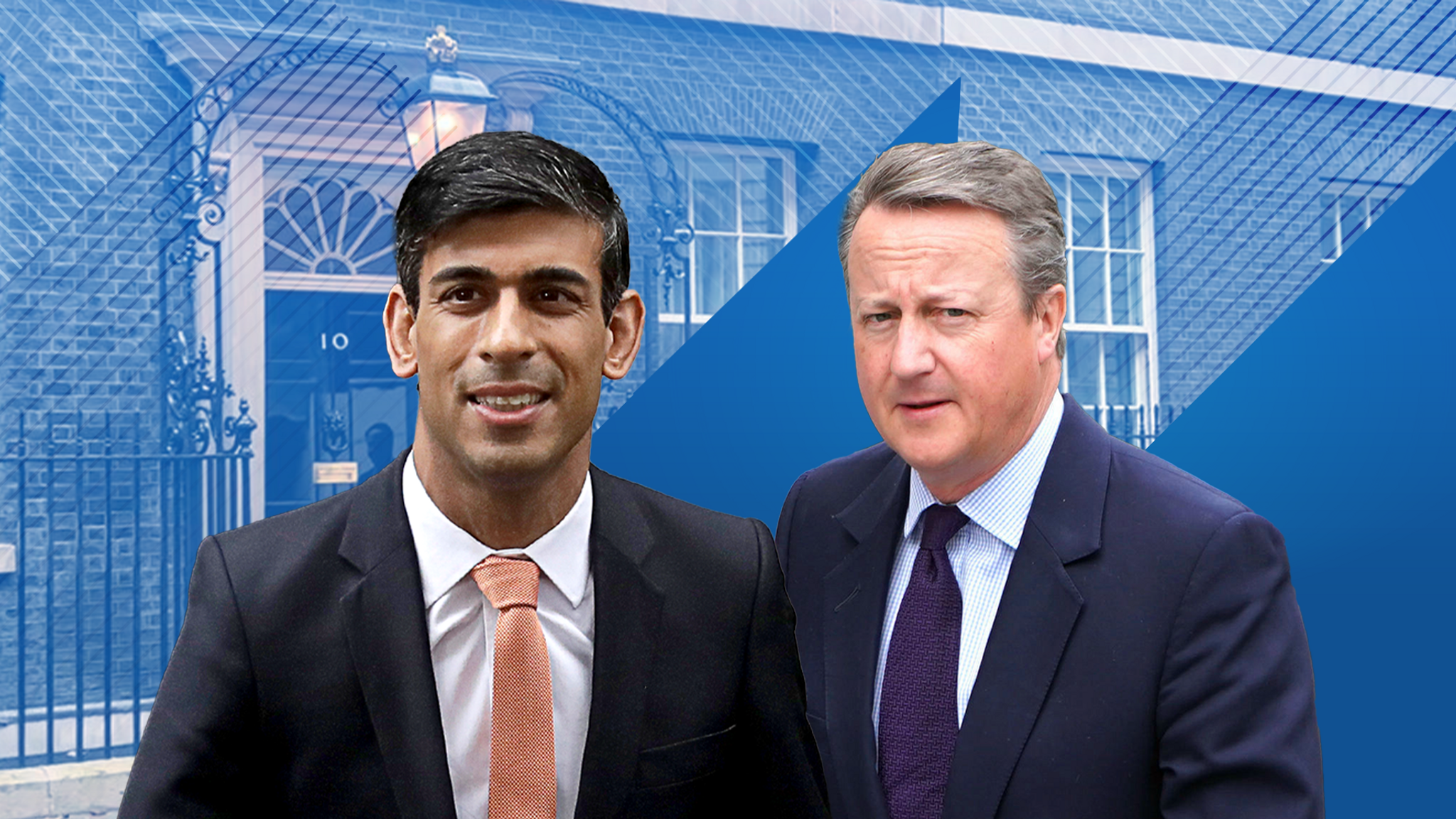Already a subscriber? Make sure to log into your account before viewing this content. You can access your account by hitting the “login” button on the top right corner. Still unable to see the content after signing in? Make sure your card on file is up-to-date.
British Prime Minister Rishi Sunak, facing pressures from within his Conservative Party and lagging behind the Labour Party in polls, conducted a government reshuffle on Monday that included the surprising return of former leader David Cameron as foreign minister.

This move comes after Sunak dismissed interior minister Suella Braverman, who had recently criticized police actions in an “unauthorized” article.

Cameron’s appointment is particularly notable given his involvement in the 2016 Brexit referendum and subsequent resignation after the vote to leave the EU. His return to a key ministerial role has reignited debates within the party, especially among the right-wing members who view this as a betrayal of Brexit ideals. Despite internal party shock, Cameron expressed readiness to serve in this time of global change, citing his experience as valuable for the role.

The reshuffle, aimed at strengthening Sunak’s government, has also led to James Cleverly replacing Braverman. However, the decision has sparked discontent among some party members, with calls for a no-confidence vote against Sunak emerging.
This internal turmoil coincides with significant challenges ahead, such as the upcoming Supreme Court ruling on the controversial Rwanda asylum seeker policy and the Conservative Party trailing behind the Labour Party in opinion polls.






